Campus Safety and Security’s mishandling of an incident of sexual misconduct late last week increased the urgency of ongoing conversations about sexual assault policy centered on Sexual Assault Awareness Week.
Stephen Briscoe, Director of Campus Safety and Security, said that when a student called requesting a student advocate, his office transferred the call to the Center for Religion, Spirituality, and Social Justice (CRSSJ), and the survivor reached the CRSSJ’s voicemail. As they don’t have the names of any student advocates, Briscoe says his office should have contacted Chaplain Deanna Shorb, who is in charge of directing survivors to the resources they need, instead of transferring the student to the CRSSJ.
“What we will do in the future is make sure that all of our workers know that Deanna is the sexual advocate person and that she’s a confidential reporter too,” Briscoe said. “So if someone calls and asks for a student, Deanna’s the one we can put them in contact with…We’ll make sure all our staff knows that Deanna can be contacted [after hours] and can get in contact with the student advocates.”
Shorb has helped revitalize the Campus Advocates, who have historically been aligned with the Domestic Violence Alternatives/Sexual Assault Center. The Advocates are now distancing themselves from the organization due to student advocates’ desire not to be anonymous. The protocol for the response to instances of sexual misconduct is somewhat unclear. Miriam Clayton ’15, a member of Campus Advocates, said that group members have been trained but are currently waiting to receive certification so that they will be able to represent survivors at the hospital or in a legal situation.
In years past, survivors have been able to contact the Advocates, who have been available to survivors as a confidential resource, via a hotline that was well publicized through a sticker campaign. However, with the current system in place, the Advocates are not functioning in the same capacity as they used to. But that will soon change. Starting this fall, Advocates will have their own hotline phone number for people to call and will make arrangements to have someone carry the phone with them on nights and weekends, in a set-up similar to the RLC-on-call system, according to Clayton.
Reports of sexual assaults on campus are uncommon. As sexual misconduct is difficult for most survivors to discuss or even define, many incidents go unreported. However, the last two years have shown a dramatic increase in reporting. In 2009, the Clery Annual Disclosure Report shows three instances of sexual misconduct were reported, and in 2010, there were only two reported. Yet in 2011 that number increased to seven, and there have already been ten reported in 2012 alone.
Dean of Students Travis Greene does not think this increase in reports necessarily means that there has been an increase in incidents of sexual misconduct.
“We really have no way of knowing what that number means,” Greene said. “On a human level, you see the numbers and ask, what the heck is going on at Grinnell? But it could be that we’re doing the right things, that we’re getting our resources together, we’re sending a coherent and consistent message, we’re making reporting systems survivor-friendly. The conduct system is much tighter. So all of those things together could create an environment where students feel more comfortable to report.”
Together with Shorb, Greene is working to create a website with an all-inclusive list, including pictures, bios and contact information, of people and resources that survivors can use, both confidential and not. Shorb hopes that this will make finding information an easier, consolidated process for survivors.
“You could look and maybe be more comforted or more inclined to report or seek an advocate in your decisions about reporting if you knew there was someone who you felt more comfortable with whether it was because of gender, or racial/ethnic heritage, experience, what their discipline is. There are any number of things that might make you feel a kinship with this person or that this is a safe person,” Shorb said of the website.
Though protocol is currently slightly unsettled on the role of the Campus Advocates, both Shorb and Clayton are confident that the changes will be better defined and implemented in the fall. Greene is currently working with Student Affairs staff to find more ways to expand discussions of sexual health during New Student Orientation to include more on the topic of sexual misconduct.
“I think there’s a tension in our community about sex positivity and consent. If we can clarify what it means to be in an environment that celebrates all forms of diversity and being sex positive, but also working just as hard to make sure that students feel that they have consent and that they can be assertive and say, ‘no, that’s not okay,’ that’s an important direction to go,” Greene said. “But at the end of the day, we all recognize that there’s always more that the College could be doing to help support students not just with issues education, awareness, and prevention, but also how to be assertive so that when you’re in a situation and you’re not feeling comfortable, you feel like you have the skills to be assertive for what your own needs are.”


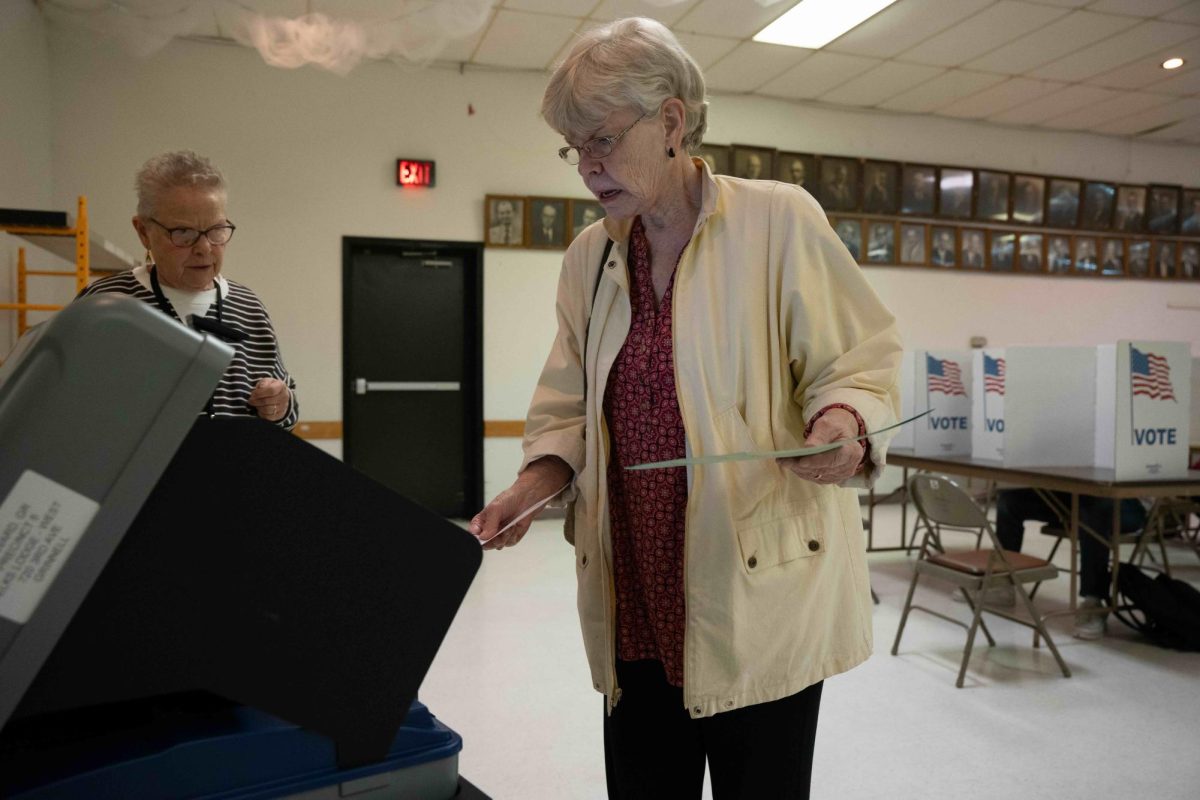
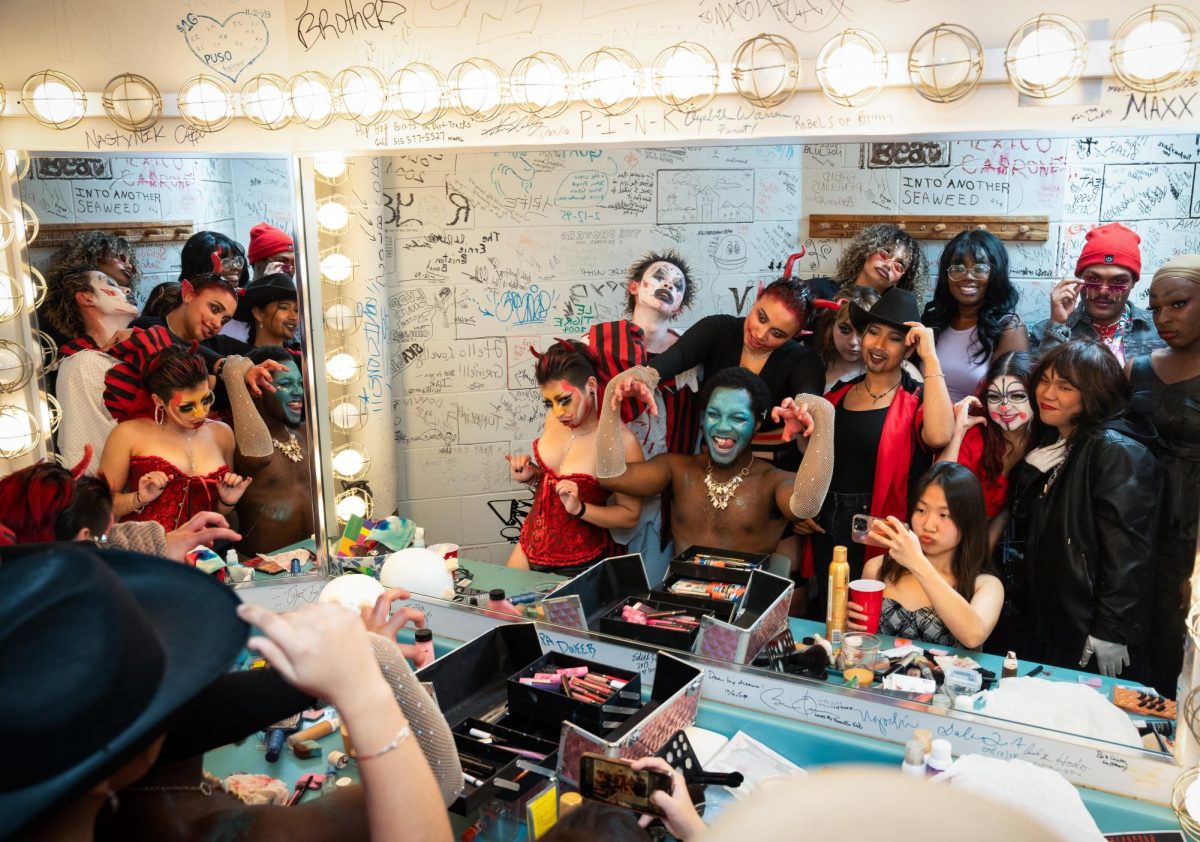

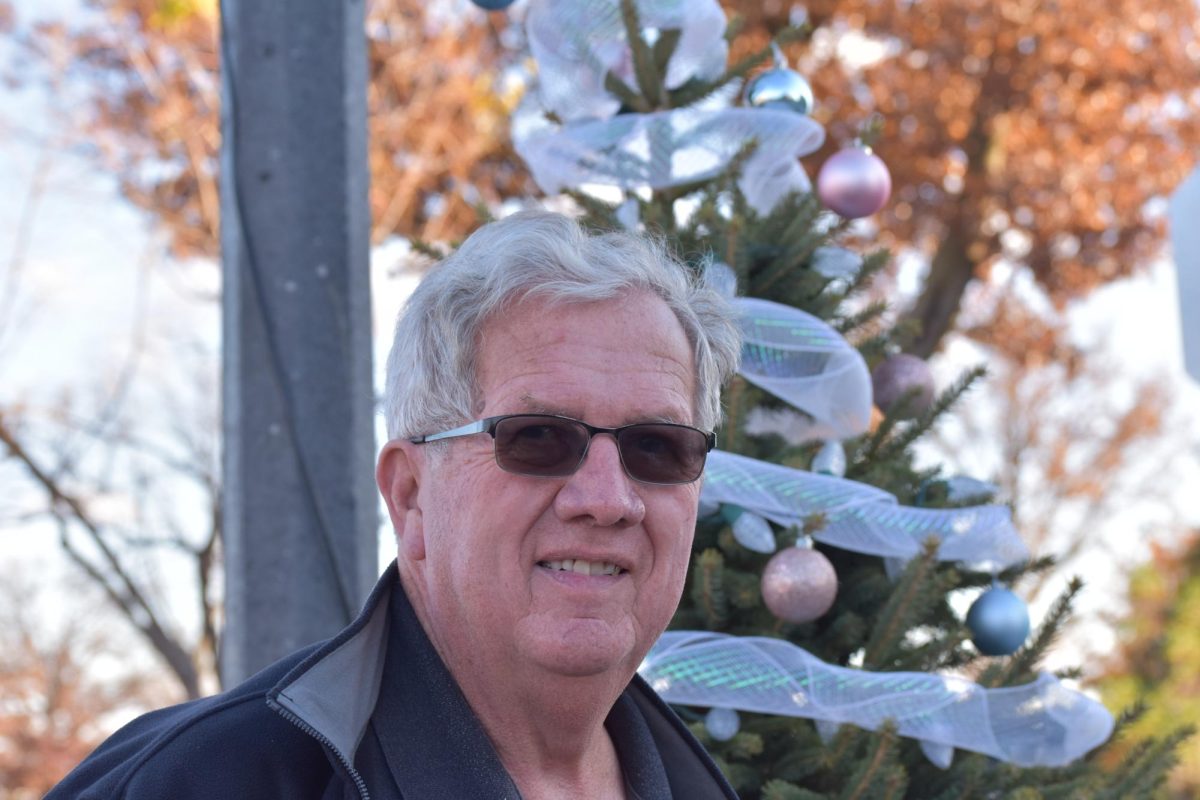
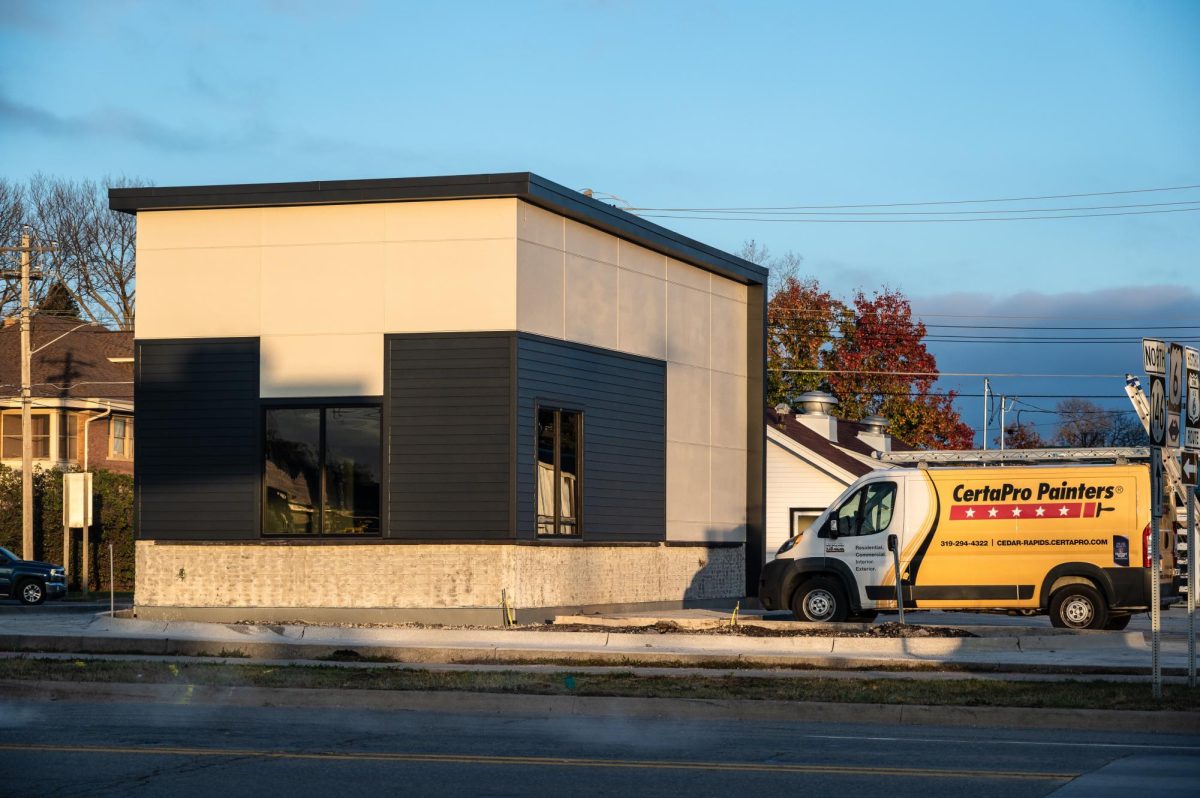


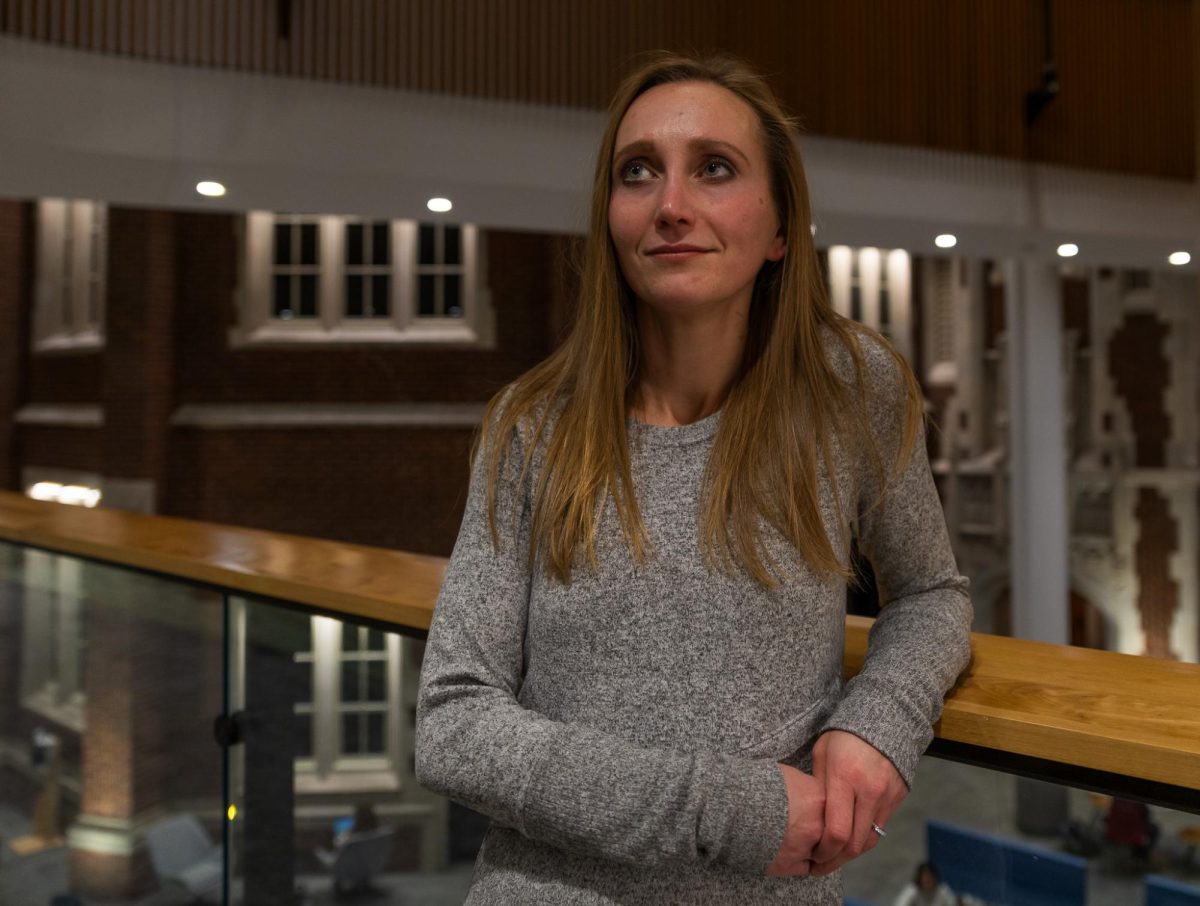
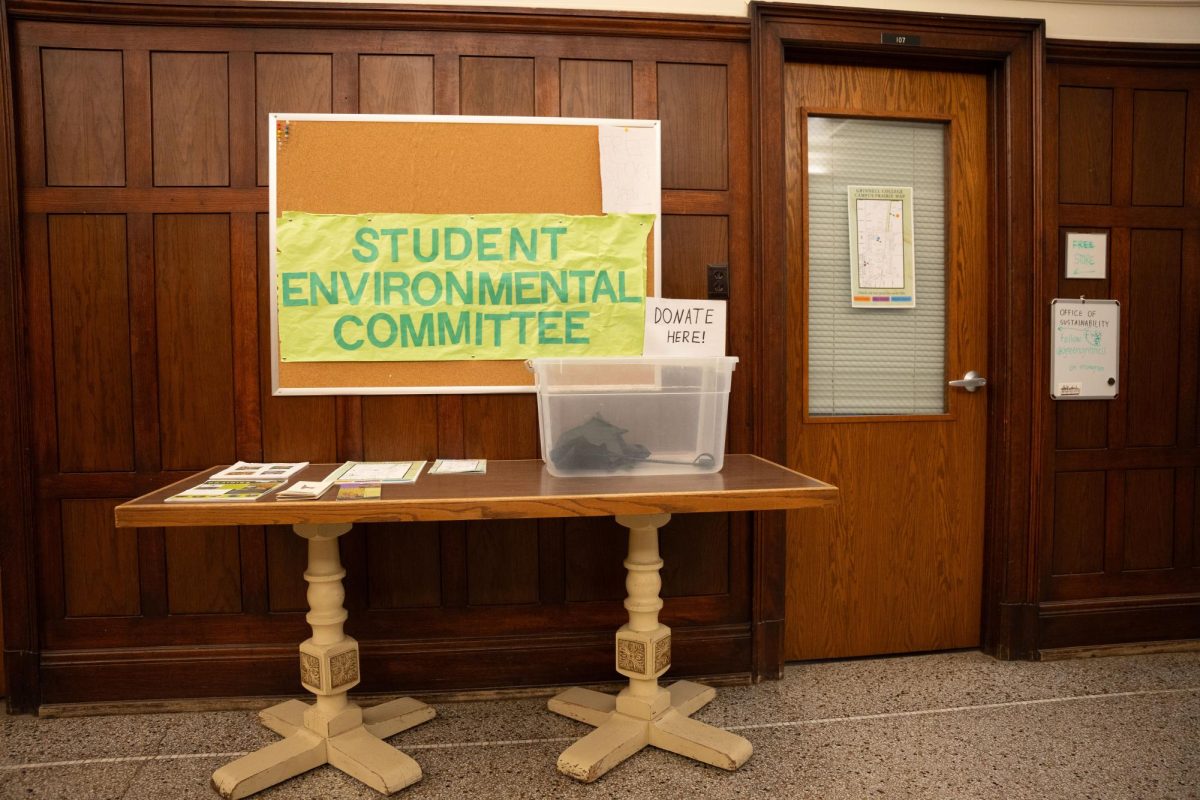
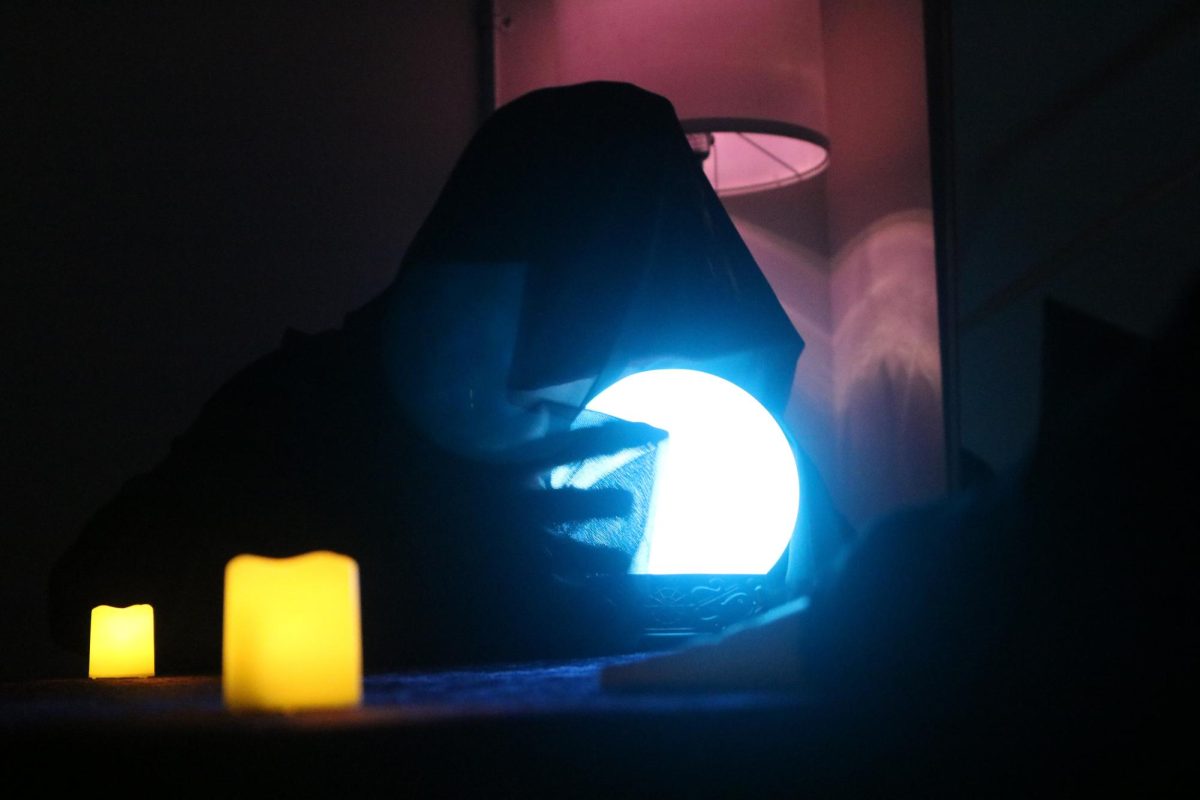
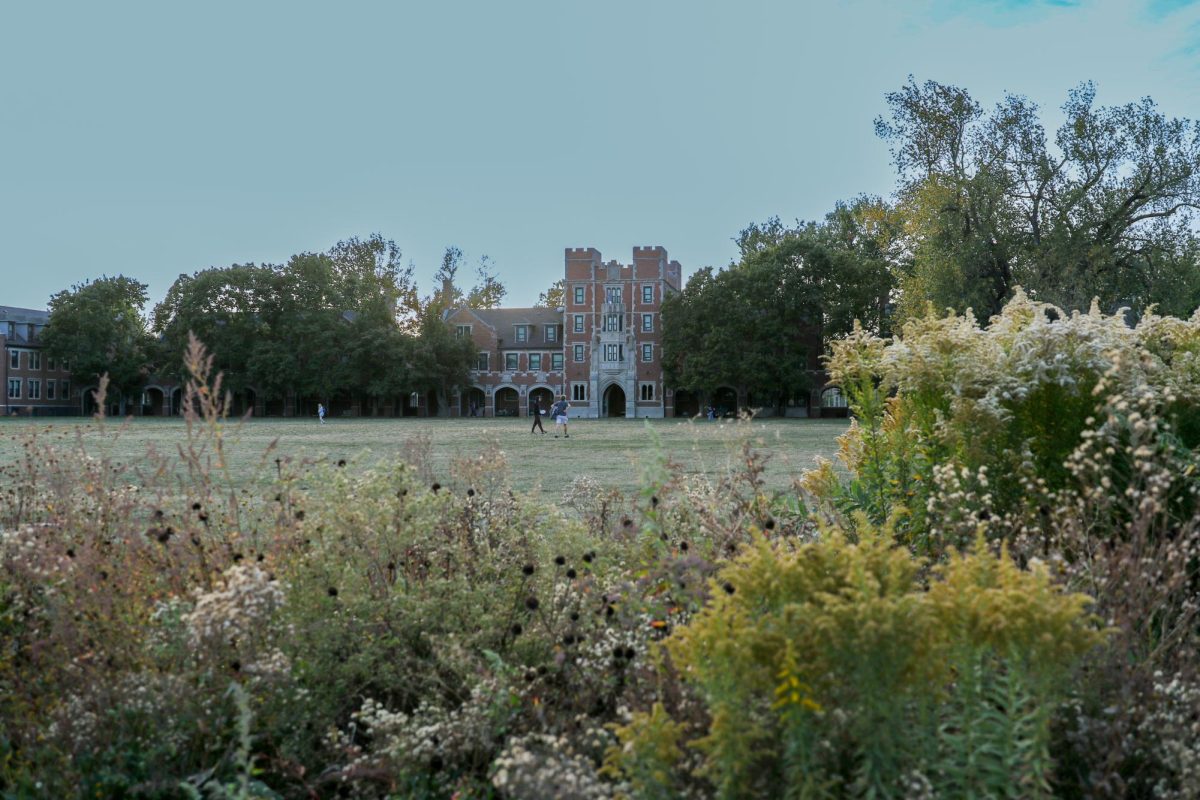

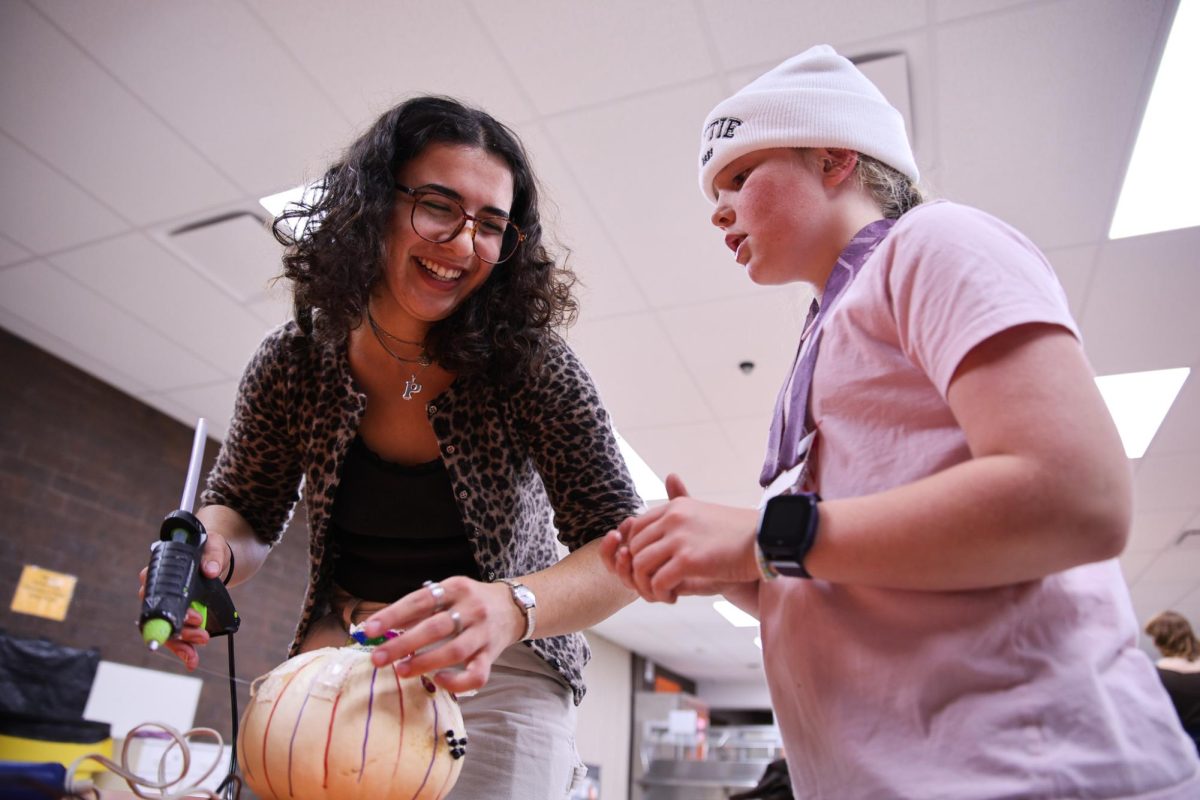

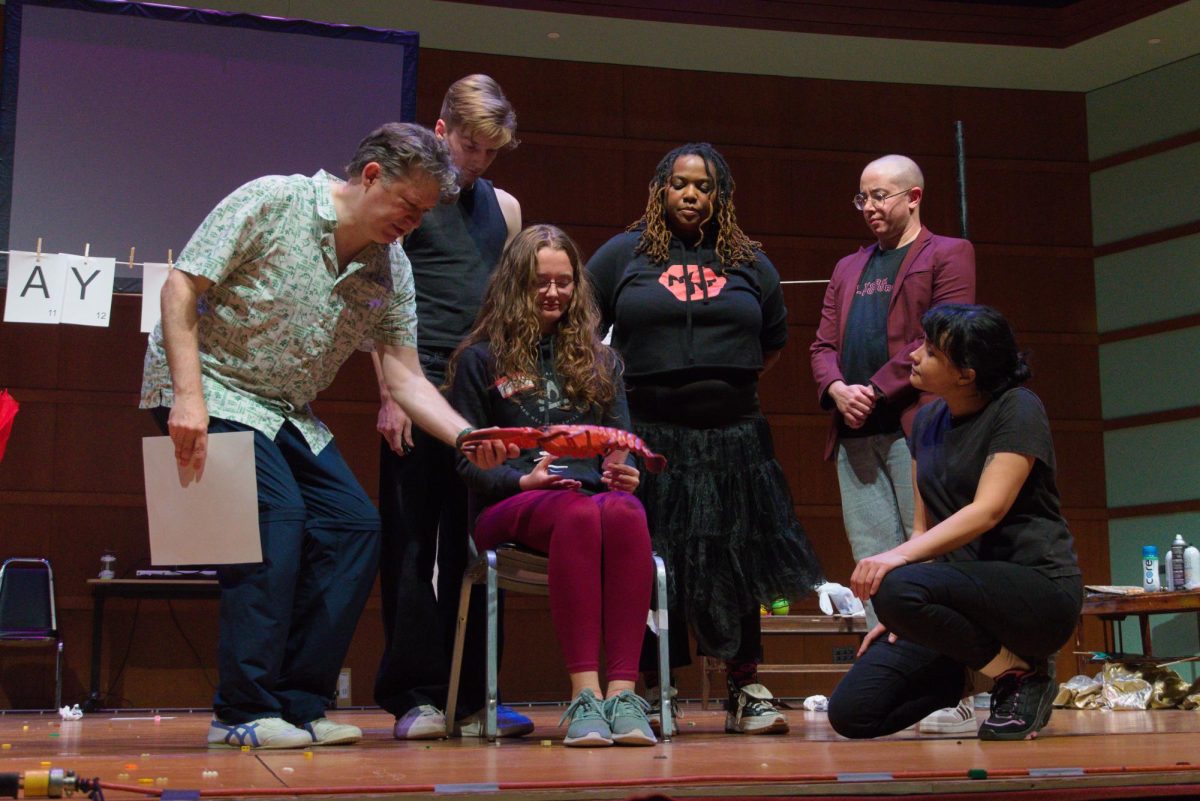
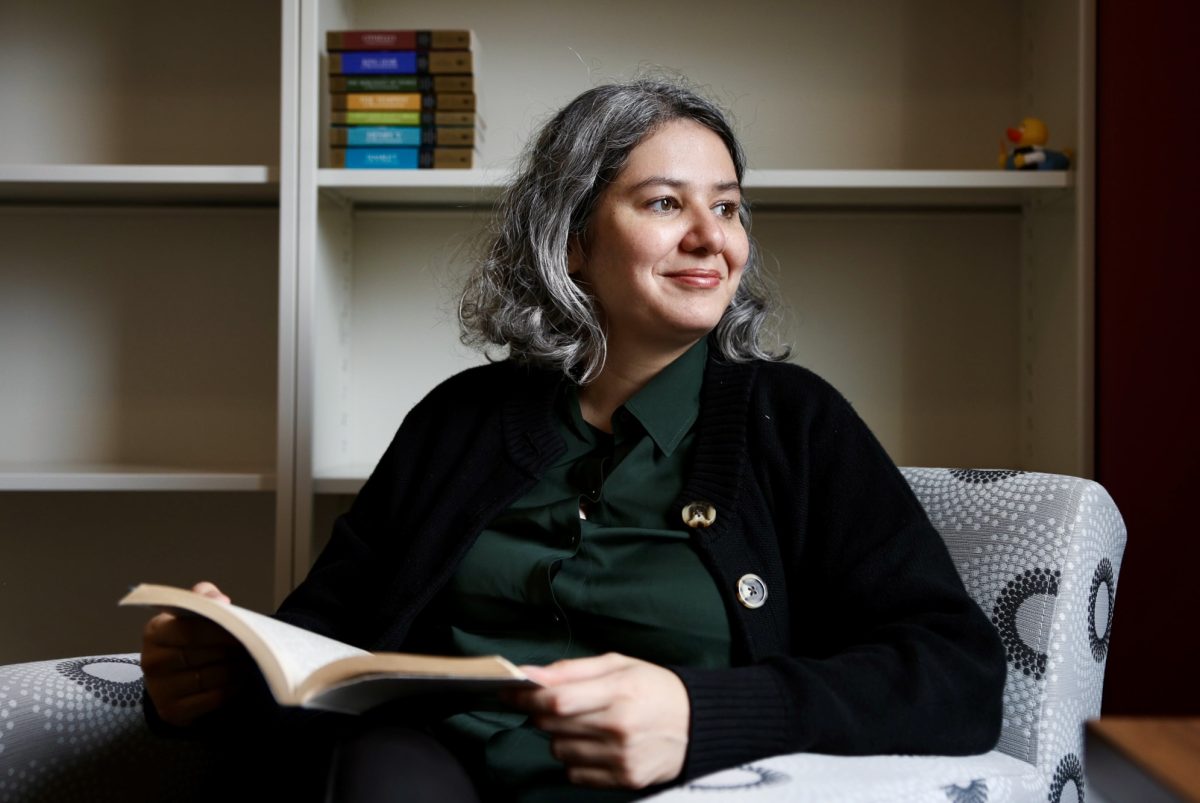
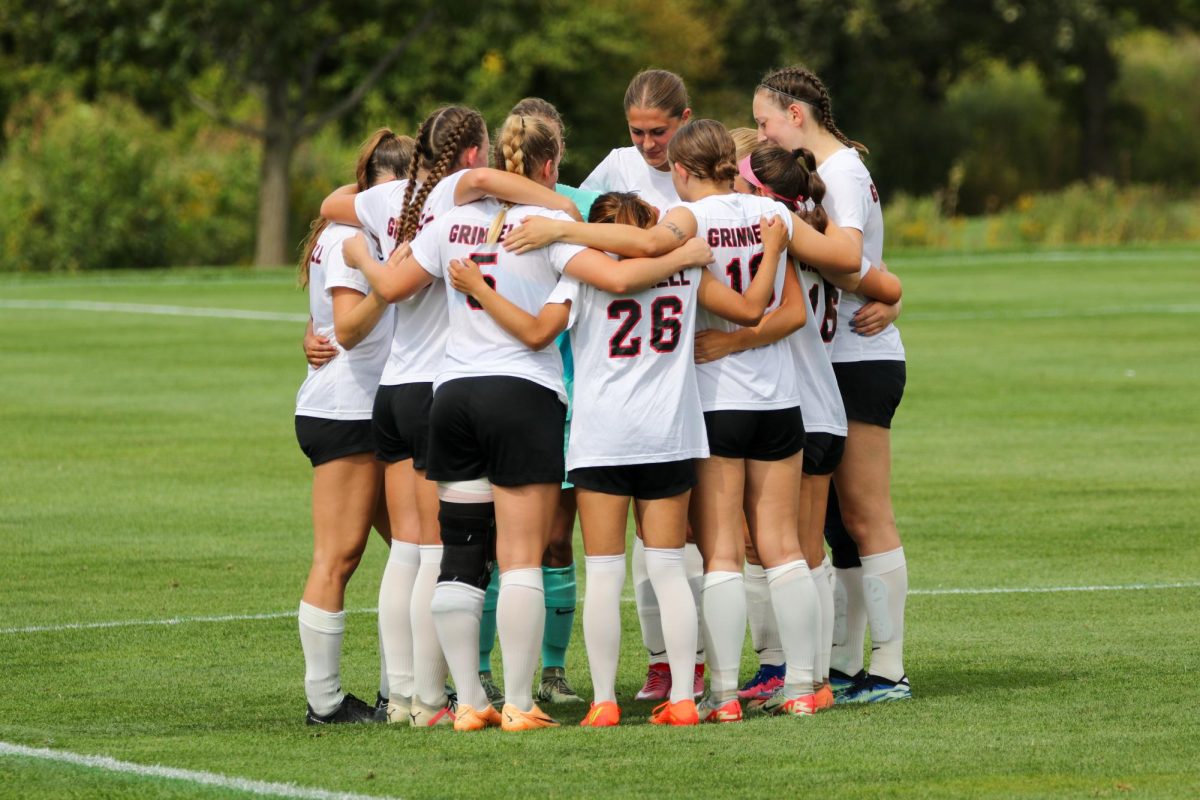
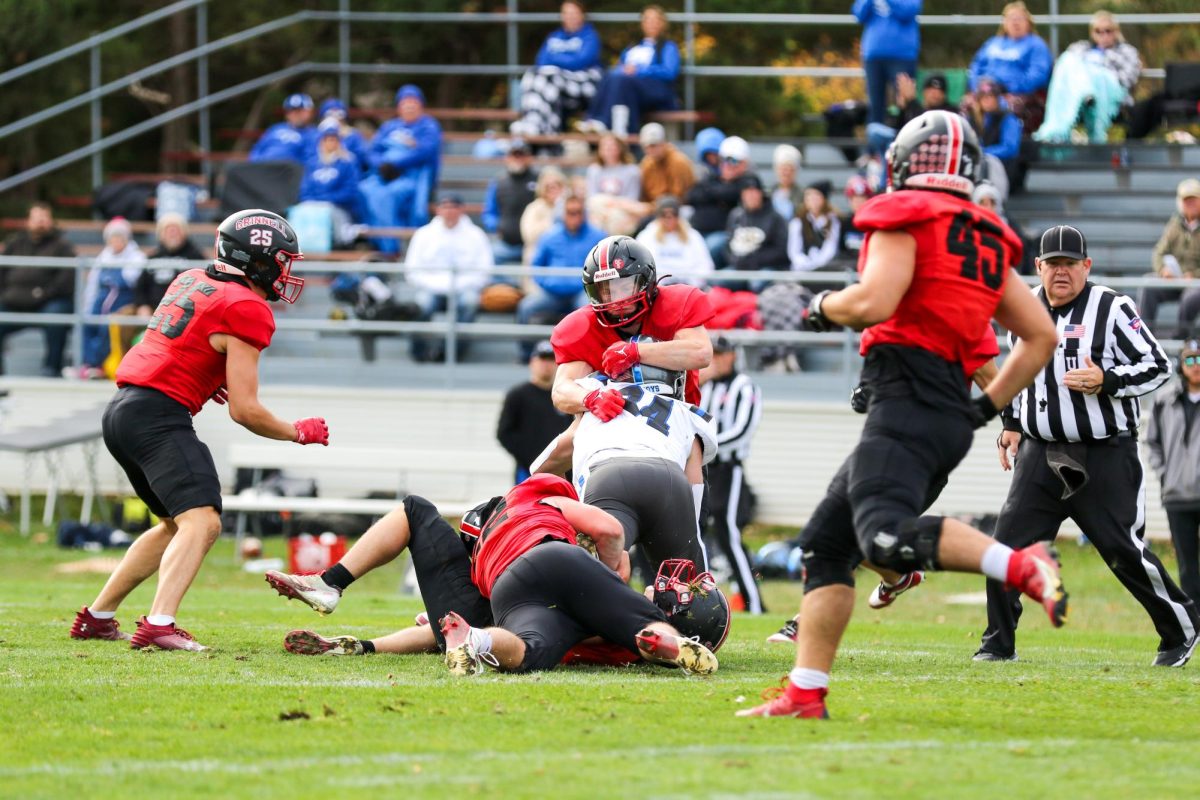
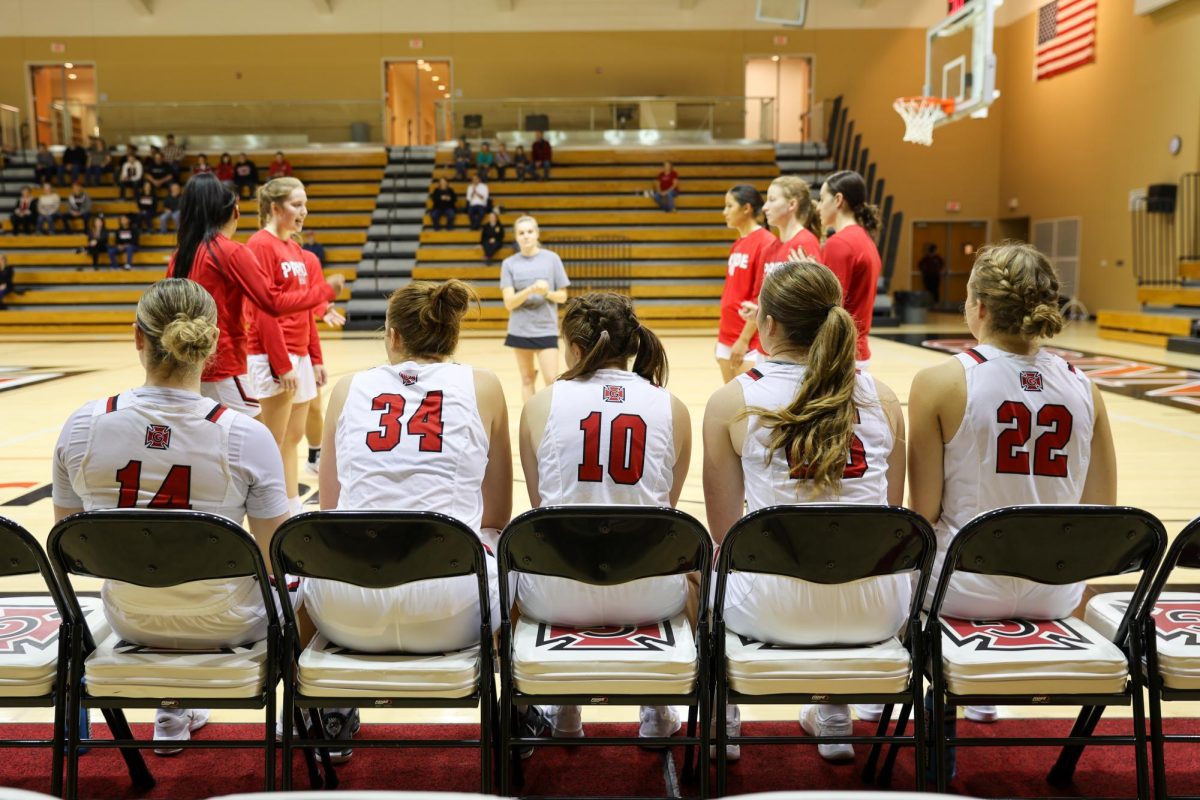





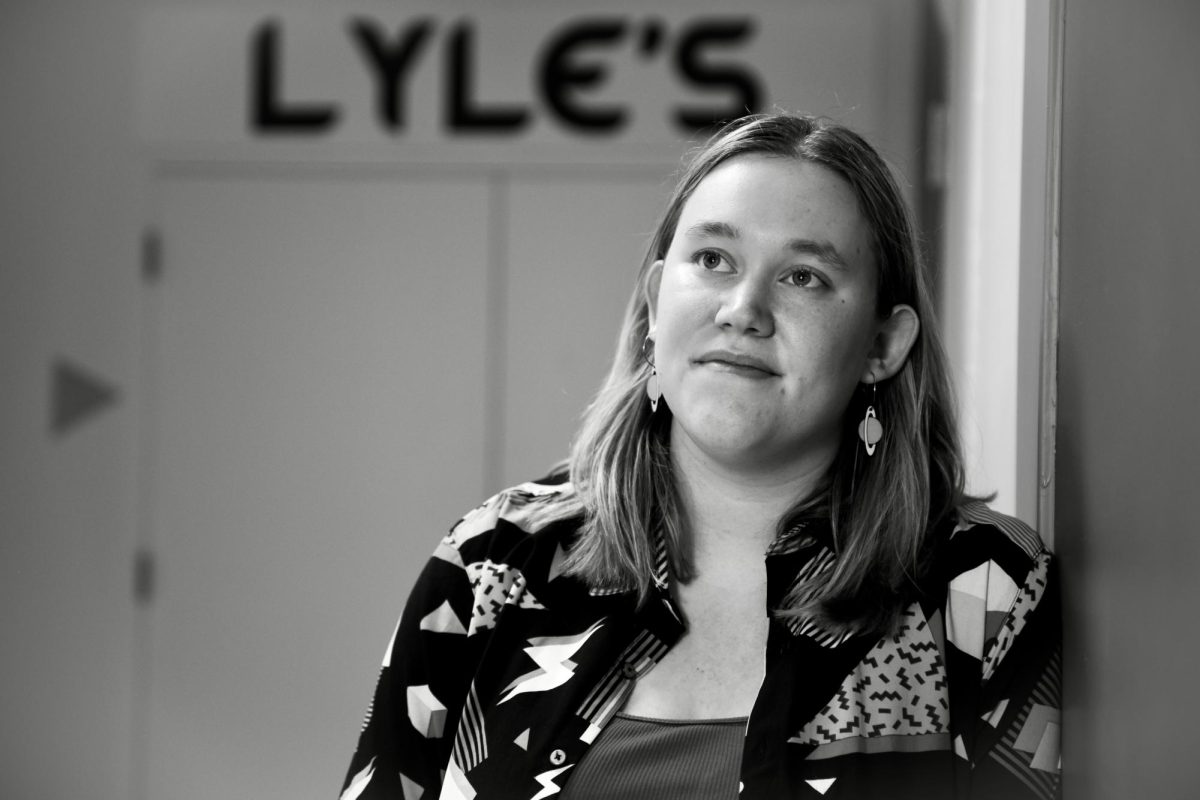



















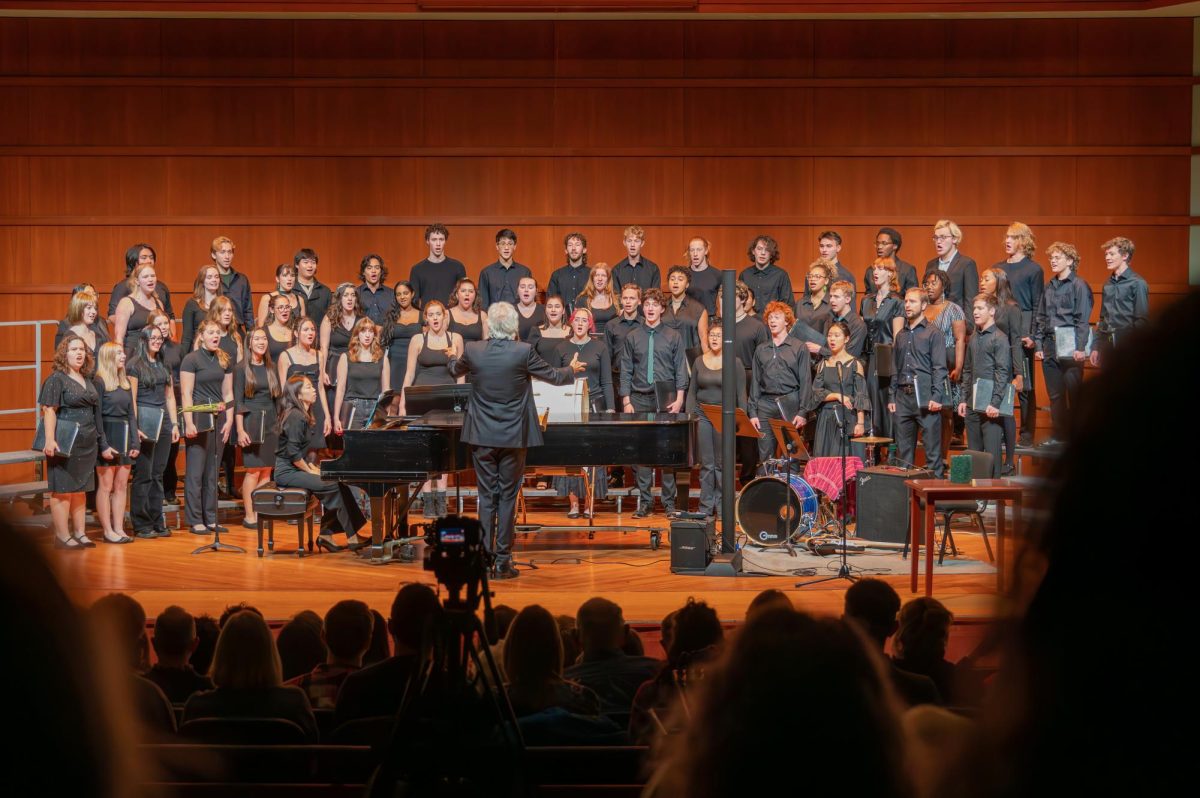
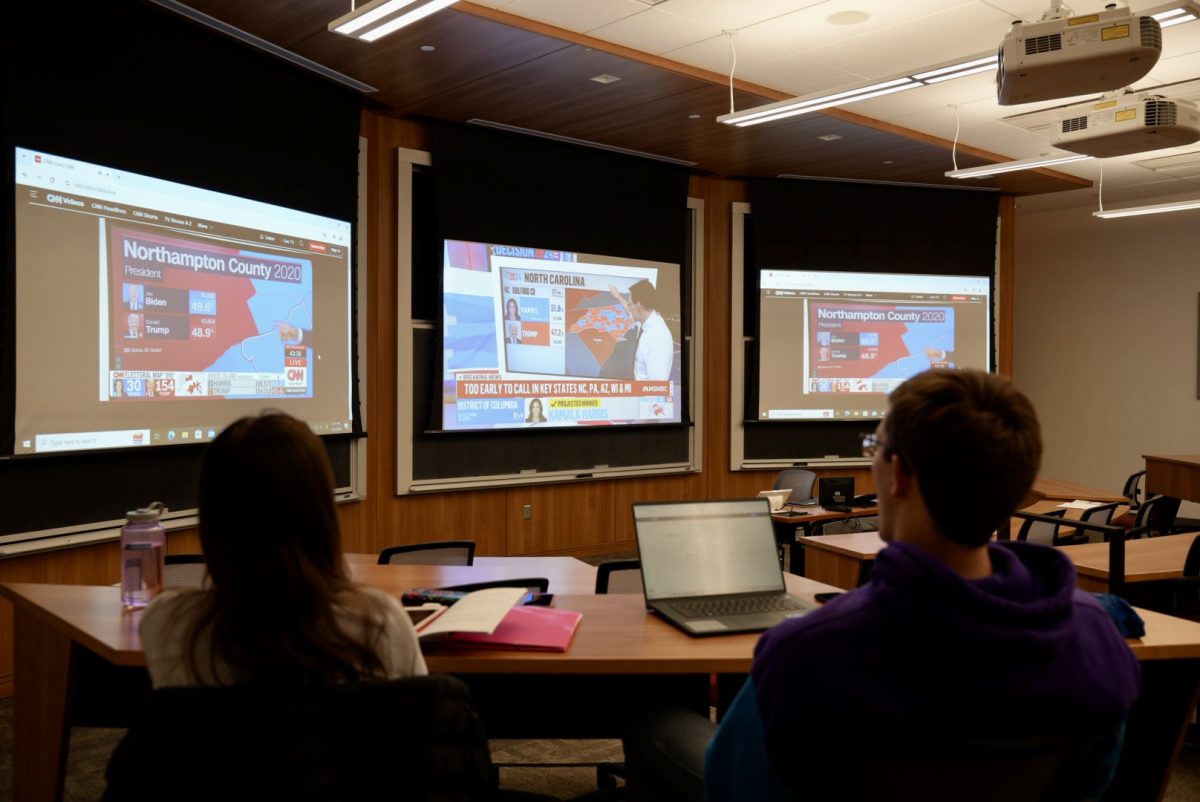

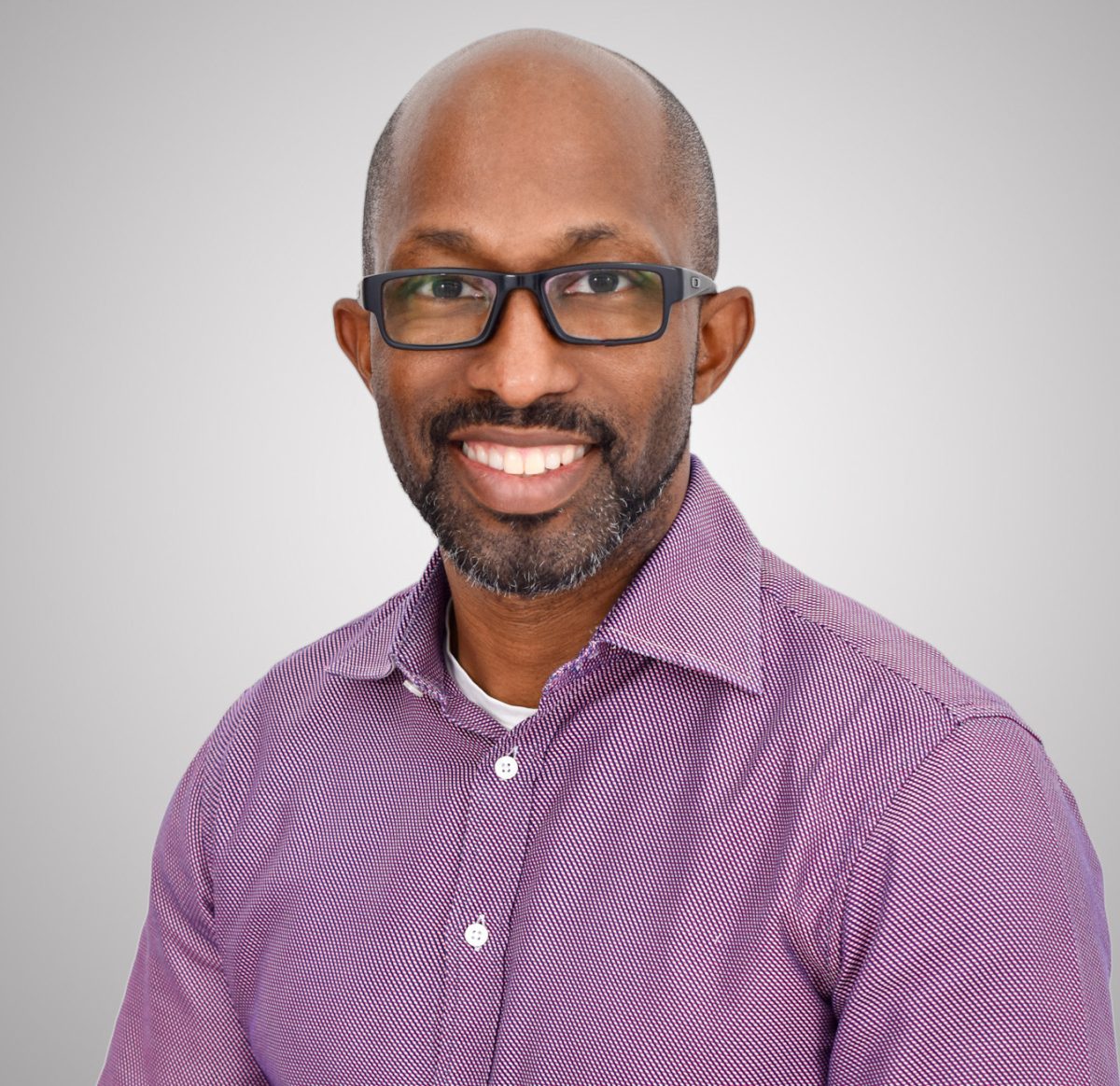





current student • May 13, 2012 at 5:25 pm
The whole “the numbers are rising and we think this is a good thing because it means that people are finally comfortable coming forward” is a little stale, especially after hearing it already about the alcohol hospitalizations all year. We desperately need more responsibility on this campus!!!
[survivors] • May 12, 2012 at 5:19 pm
Concerned Parent,
I agree that it is concerning how many alcohol hospitalizations we’ve had recently, but I think that it is possible that means that students are more willing to get help when they need it than at other colleges. I know some colleges penalize underage students for underage drinking if they have to go to the hospital for alcohol poisoning.
It seems possible that the high numbers of hospitalizations means that students are more educated about alcohol poisoning and more likely to ask for help when they need it. People are being irresponsible and putting themselves in danger, I just wanted to suggest a different interpretation of our comparably high numbers.
In terms of mental health care, again I agree that the long delay before students can get an appointment is absolutely a problem, but I think that’s due to a recent shift in policy rather than deliberate neglect. In past years students were able to get 8 (maybe 9… I don’t remember exactly) free sessions with an off campus counselor.
This year they hired more staff and have three full time councilors on campus which makes mental health services more accessible, but unfortunately there are much longer waits to get an appointment since I don’t think free off campus sessions are an option any more. I believe there are plans to bring in two more full time staff next semester, but I don’t think the announcement has been made yet.
Student Affairs actually does provide excellent “support sexual assault survivors” as you can read about in my “This is Not Sex Positive” piece in last weeks S&B. I started a student organization (Sexual Assault Survivors and Allies) with 6 other students who have been sexually assaulted on campus, and most of us have had positive interactions with the administration in general and Student Affairs specifically. Once a survivor decides to take their attacker through the disciplinary process the cases are handled quickly, efficiently, and fairly (based on my own hearing and the two I have observed).
Yes, of course they are concerned with protecting the college. That is a large portion of their jobs. But because they are also decent humans (and because otherwise it would be a major liability for the college) they are very supportive of sexual assault survivors.
As you can read in my “This is Not Sex Positive” article, the real problem is in a lack of effective prevention efforts. I believe that the administration acknowledges this as a shortcoming and President Kington had already been having high level meetings about prevention at the time that we published our article.
We wish they had done more sooner and perhaps prevented our assaults, but it is clear to us that the faculty, staff, and administrators recognize this as a problem and are putting time and energy into reducing the number of sexual assaults on campus. It is in the planning stage at the moment, and it breaks my heart every time I hear about another sexual assault (which happens frequently since we’ve started this group) but I think they will be drastically improving their prevention efforts next year and in the years to come.
[survivors] ’12
Concerned Parent • May 12, 2012 at 1:16 am
For a school half the size of the average local high school Grinnell sure has per capita more social problems than one could fathom….In fact there were more incidents of alcohol poisoning at Grinnell this year than at a major southern university with an undergraduate population of over 20,000 students. Moreover, for a liberal arts college with such a large endowment the health resources are pitiful not to mention the fact that the counseling center is tied to the “cover the backside” attitude of the Office of Student Affairs–so any we “support sexual assault survivors” would supposedly have is suspect. The attitude on all matters of such ike is “we, the College” are not responsible….
alum • May 11, 2012 at 8:01 pm
Why is the terminology the greatest issue in these comments? Does it not concern anyone what kind of environment or atmosphere students must be dealing with on campus? There seems to be a large gap in communication when it comes to dealing with Grinnell College’s safety and sanity.
another alum • May 11, 2012 at 8:15 am
But if you had died, you would have been a cancer VICTIM. They survived sexual assault. Come on now. This isn’t even the important part of the article.
Cancer Survivor '00 • May 10, 2012 at 9:01 pm
To call someone who has fallen under a sexual assault a survivor is a travesty. I have overcome a battle with cancer. I am a survivor. A sexual assault victim has not been on the brink of death. I have. I am a survivor. They are a victim. This is ridiculous. Someone who was in the rubble in Haiti is a survivor. Someone who was in a plane crash is a survivor. A sexual assault victim had something bad happen to them and that is regrettable. But they are a victim, not a survivor. I am a survivor
rachel • May 10, 2012 at 10:25 am
Sigh. It’s fine that, in a hypothetical situation, you would prefer to be called a victim, East Coast Alum. The Grinnell survivor community has, however, chosen otherwise, and we need to respect that. Their organization is called Sexual Assault Survivors and Allies, and their email is survivors@grinnell.edu. This is about political correctness to some extent, but it is also about AGENCY. Victimhood connotes being acted upon, and is a static state. Surviving is an ongoing process. And many survivors choose the word for this reason.
[survivors] • May 10, 2012 at 1:12 am
East coast alum,
Great, you call yourself a victim, I’ll call myself a survivor. The article uses survivor because that is the current word people of our generation are comfortable with. The students who went through the most recent Domestic Violence/Sexual Assault Advocate training at Grinnell refer to them as victim/survivors to make everybody happy.
The Holocaust reference seems weird and inflammatory, but maybe its a generational difference?
[survivors] ’12
East coast alum • May 9, 2012 at 10:16 am
I can only say that I would object most strongly to being called survivor. For me it has unwelcome connotations of pity. Would you call someone who was robbed at at gun point a mugging survivor?
rachel • May 8, 2012 at 3:40 pm
East coast alum — the common method of referring to people who have experienced a sexual assault or sexual violence is actually “survivor” – sexual assault advocacy training uses this word extensively. The rationale is: “victim” connotes a lack of agency, and “survivor” is viewed as more empowering, a word that indicates that the person has the ability to work through their experience. Additionally, I think few people would connect the use of “survivor” strictly with the Holocaust.
Alum in Town • May 7, 2012 at 5:45 pm
It is not necessarily equated to surviving the Holocaust. “Survivor” is a term that has been used for many different purposes and right now it is common to refer to oneself as having “survived” a sexual assault. You’re right to be concerned about the terminology, since it is up to the victim/survivor to choose how to label themselves, but a term must be used, and “survivor” has been deemed more politically correct than “victim” to use in public forums.
East coast alum • May 4, 2012 at 6:17 pm
Perhaps it would be a little less difficult for people to come forward if you didn’t keep referring them as “survivors.” Has it ever occurred to you that victims might prefer NOT to have their experience be equated to suffering through the Holocaust.